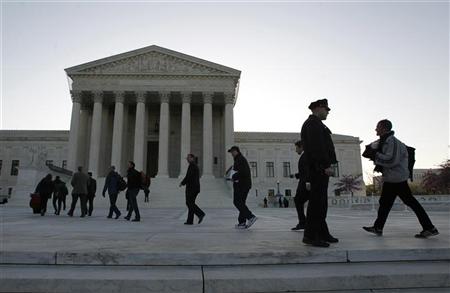
The hospitals based their claim on a separate lawsuit that found in 2006 that the Centers for Medicare & Medicaid Services used a flawed process to determine the number of low-income patients treated by hospitals. The miscalculation resulted in underpayments, the hospitals said.
When the hospitals appealed the payments, however, the agency's Provider Reimbursement Review Board rejected many of the claims as too old. In 2006, shortly after the lawsuit exposed the calculation mistake, the hospitals sued for the proper reimbursements.
The government argued the hospitals missed their opportunity to challenge the payments because the Medicare law imposes a six-month limit for appeals. Although the review board could have extended that deadline up to three years for "good cause," the hospitals filed their claims more than 10 years after the six month deadline expired.
The hospitals said it was unfair to impose the deadline under the circumstances, alleging the agency knew about and failed to disclose its calculation errors.
The district court sided with the government, but the U.S. Court of Appeals for the District of Columbia Circuit reversed the decision in 2011. The government appealed to the Supreme Court, which heard oral arguments in the case in December.
The high court, in a unanimous ruling on Tuesday, found the hospitals had missed their opportunity to appeal. Relaxing the deadline would "essentially gut" the requirement that an appeal be filed within six months, or three years for good cause, Justice Ruth Bader Ginsburg wrote for the court.
Robert Roth, a lawyer for the hospitals, said there was a "big problem" with the decision.
"It leaves providers without a remedy where they could not have known there was a problem with their Medicare payment until after their time for appeal had passed," he said.
It is now up to Congress to address that unfairness, he added.
The Justice Department did not immediately provide a comment.
Mark Polston, a former Centers for Medicare & Medicaid Services lawyer now at King & Spalding, said a ruling for the hospitals could have increased significantly the government's exposure to claims for past payment errors.
The case is Sebelius v. Auburn Regional Medical Center, U.S. Supreme Court, No. 11-1231.

No comments:
Post a Comment